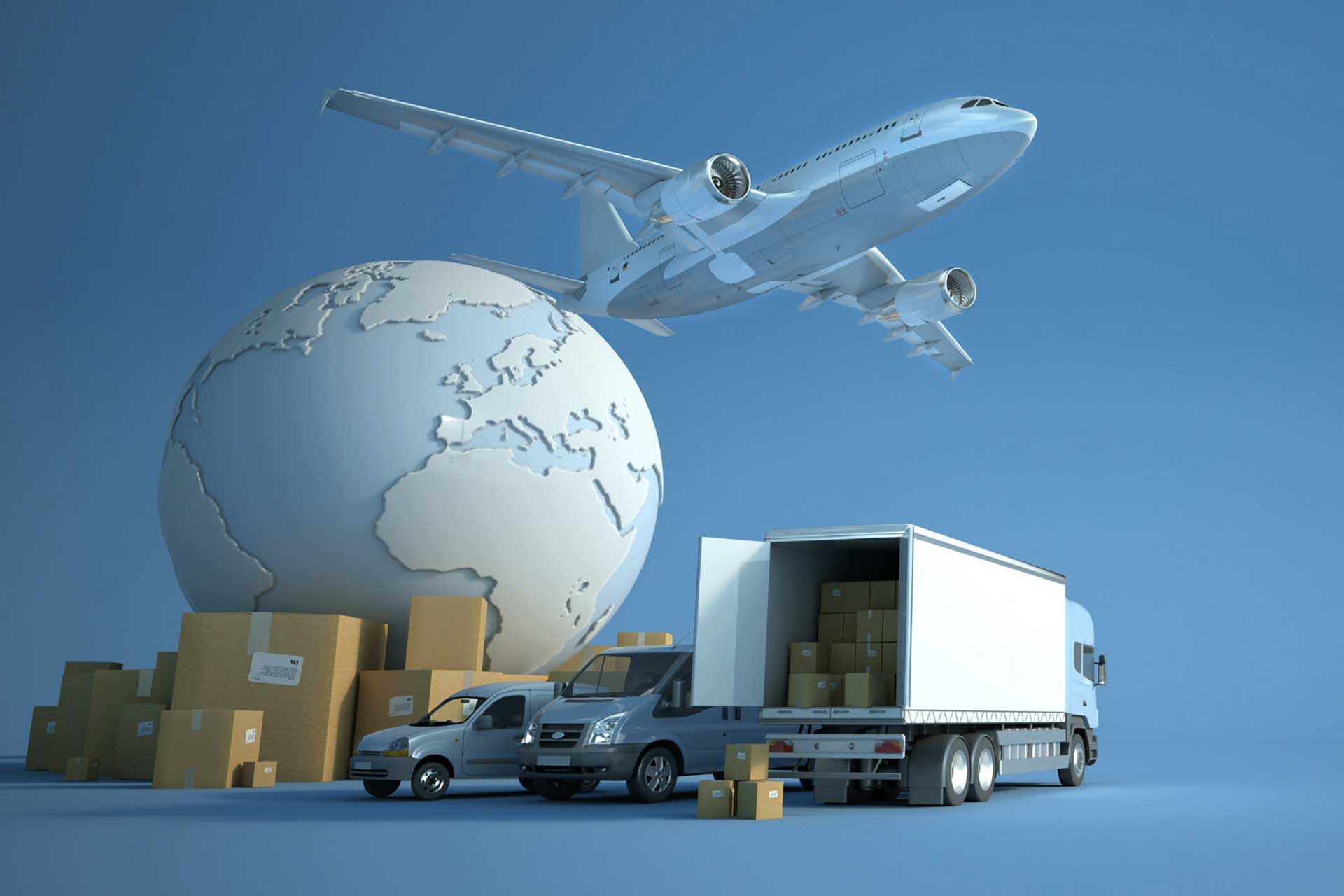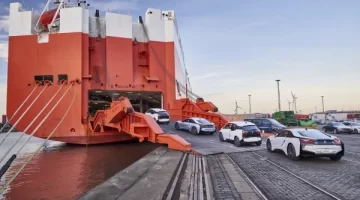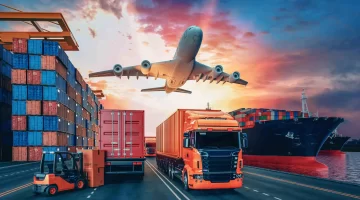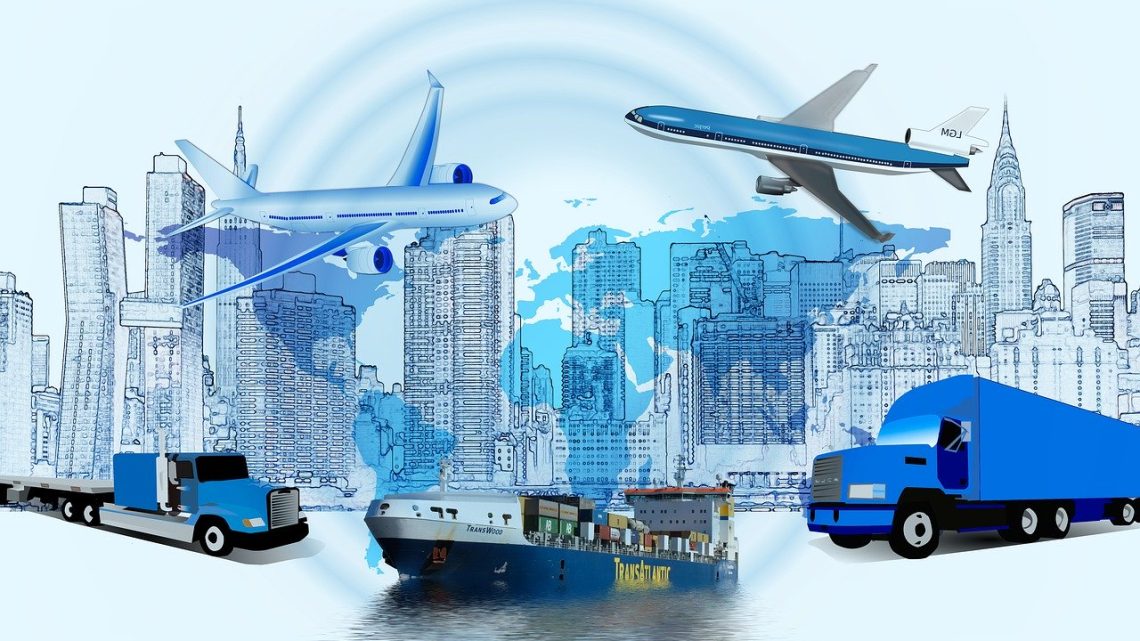Though the Philippine maritime sector is not new in facing difficulties, one of its most urgent issues now is growing fuel prices. Shipping firms in the nation are compelled to adapt, be creative, and discover ways to keep efficiency without greatly affecting consumers as world fuel prices keep changing. The way the sector tackles these issues and satisfies the rising need for dependable and reasonably oil price fluctuations will define Philippine shipping services going forward.
Changing Fuel Prices: Their Effects
For the maritime sector, fuel makes up around half of the running expenses. Shipping firms have more expenses as fuel prices rise, which can raise goods rates. This affects many industries, like e-commerce, manufacturing, and agriculture, which depend on shipping to distribute goods all throughout the nation. Rising fuel prices provide a special difficulty in the Philippines, where an archipelagic terrain makes marine and transportation services crucial. In a price-sensitive market, companies have great challenges absorbing these expenses or passing them on to consumers.
Ideas to Cut Energy Costs

Many Philippine shipping companies are looking to creative ideas to adjust to growing gasoline prices. The acceptance of more fuel-efficient technologies is one obvious approach. To cut fuel usage, shipping companies are funding vehicles and boats with cutting-edge fuel-saving technologies, including hybrid engines and aerodynamic forms. Route optimization is still another developing tendency. Using data and technology can help businesses find the most effective delivery paths, therefore saving time and gasoline. Consolidating cargo has also become a main tactic since it guarantees that vessels and trucks are completely filled to enhance effectiveness and reduce trips.
Adopting Green Solutions
Furthermore influencing the sector now is environmental sustainability. To lessen their reliance on fossil fuels, businesses are investigating solar-powered vessels and electric vehicles and trucks. This not only solves growing gasoline costs but also fits with worldwide initiatives to slow down global warming. To further lower their environmental effect, shipping companies are also working with government agencies and businesses to support sustainable practices, including carbon-neutral shipping choices and environmentally friendly packaging.
The Ahead Road
Philippine maritime services’ future is in resilience and adaptation. The sector may minimize the effect of oil price fluctuations increases by investing in innovation, implementing sustainable practices, and streamlining operations, thereby preserving client affordability and dependability. Even if problems still exist, the dedication to sustainability and innovation will help Philippine shipping to keep flourishing in the next years.







